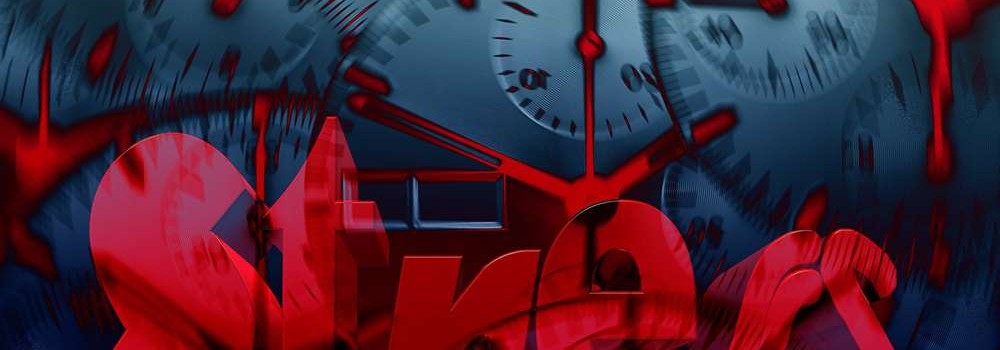- Home
- Business Processes
- Industry Knowledge
- Aerospace Industry
- Automotive Industry
- Banking Domain
- BFSI Industry
- Consumer/ FMCG Industry
- Chemicals Industry
- Engineering & Construction
- Energy Industry
- Education Domain
- Finance Domain
- Hospitality Domain
- Healthcare Industry
- Insurance Domain
- Retail Industry
- Travel and Tourism Domain
- Telecom Industry
- Leadership Skills
- eLearning
- Home
- Leadership
- Team Leadership
Team Leadership

Leadership Skills – Team Management
Effective teams often require the right mix of people, skills, resources and a focus on building good working relationships. How to be effective team players and team leaders, solve problems and work towards common goals?
Most of the organizations today we work for are matrix based organizations where the relevance of team based approaches has gained even more importance. The biggest challenge that leaders face while working with such structures is, how do they as team leaders ensure the empowerment of employees and start sharing their leadership responsibilities with the team members to maximize creativity and productivity. Team Leadership focuses on building the skills necessary to launch, develop and maintain effective and dynamic teams.
This section from TechnoFunc help you develop a new set of skills, and make use of these new tools and techniques at your workplace. These will help you with the key management activities of organizing, motivating, developing and communicating with your team. The target audience for the course is any individual who is a member, or leader, of any team, whether project, temporary, virtual or intact work team. These range from choosing the right people and deciding who does what, to communicating with, developing and motivating people.
Guide to Receptive Listening

Listening is the foundation for good communication. It is also the hardest skill to master. Do you listen to confirm what you already know, or do you listen to explore and learn new things? How can we create receptive communication as a listener? The real art of listening involves awareness and sensitivity to the feelings of the speaker because it is at the feeling level that genuine connection, relationship, and healing occurs.
Is Stress Always Bad?

Stress is an essential part of our life. No one can live without stress. Stress can be beneficial as well as harmful. Stress as a positive influence adds excitement and hope while as a negative influence it can result in destructive feelings, anger, and depression. Although the general orientation to stress is to consider unfavorable outcomes, yet one must have observed that stress experiences may also facilitate the development of effective and varied coping behavior, increased personal resources, and lead to a sense of competence in development. Stress at a moderate level is not only inevitable but may be useful for physical and mental well-being.
Laissez-Faire Leadership

Laissez-faire is a style of leadership that affords the group members a great deal of independence. Tasks are delegated to the group members and they are responsible to see the project through to fruition. Research has shown that this style of leadership leads to the lowest levels of productivity. This article explains this style and covers the implications of having a hands-off approach and the situations where this style could be effective.
Level Five Leadership

“Level 5 Leadership”, this term was coined by Jim Collins in his book “Good to Great” and it is all about achieving "Greatness" as a leader. This article will explain what we mean by Level 5 Leadership and what the characteristics of a Level 5 leader are. What it takes to achieve greatness as a leader, and what are the steps and strategies that one can use to move up to this top level of leadership.
Narrative Leadership Style

Narrative leadership is interpreted as the leader who aspires to construct leadership by telling stories. Leadership is a task of persuasion, of winning people’s minds and hearts. Storytelling is thus inherently suited for the task of leadership. Learn about the narrative leadership style and how to use this style to inspire and motivate followers or to manage change.
Explore Our Free Training Articles or
Sign Up to Start With Our eLearning Courses

About Us
Learning
© 2023 TechnoFunc, All Rights Reserved